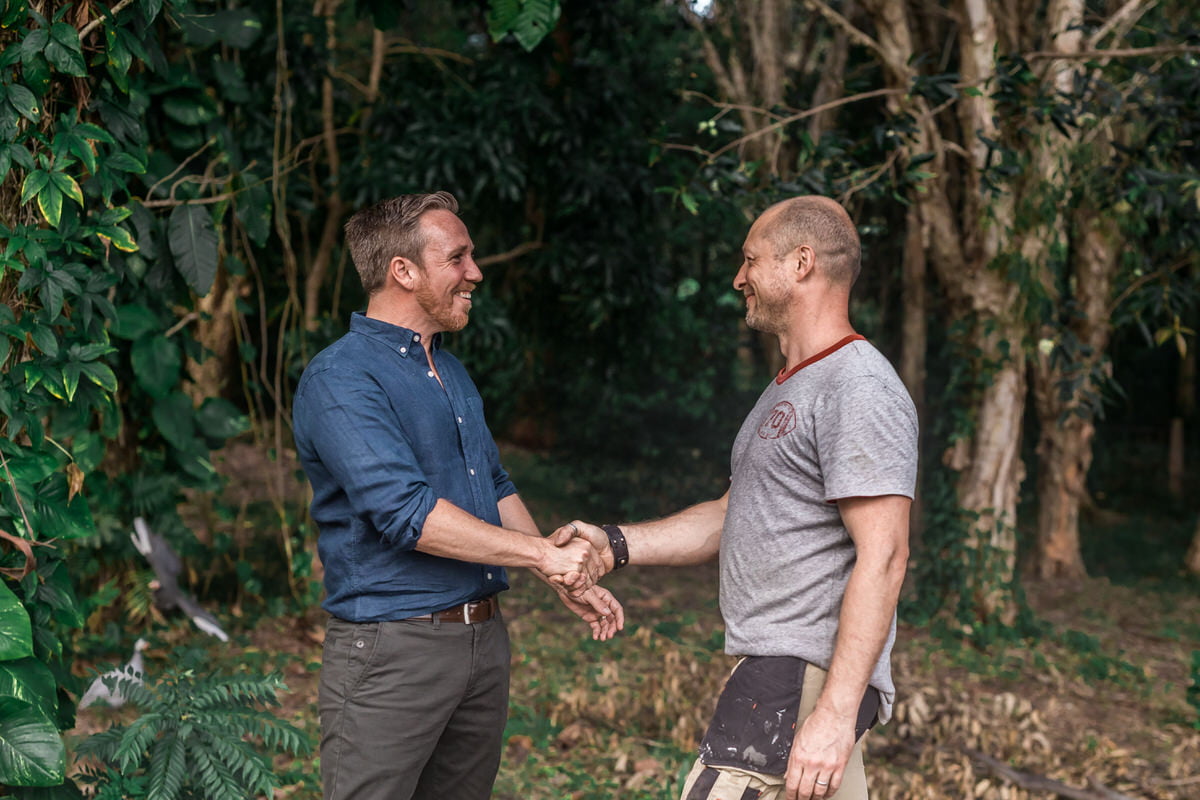
Why face-to-face communication trumps all
If you’re a follower of my content, you’ll be well-versed in my regular soap box rants about the value of a flexible workplace. I’m a strong believer in accommodating part-time work, shared roles and remote working. Despite this, I’m not blind to the fact that there is a downside to all this flexibility and that is the reduction in face-to-face communication.
As technology improves and our use of it increases, our time spent in the company of our colleagues is reduced, which isn’t always a great thing. Here are some reasons why I think face-to-face communication is so important:
1. Demonstrates value – if you’ve made time to come into the office or travel to wherever your colleagues or clients may be, it’s a very clear message to show this meeting is significant to you. Being able to connect to meetings remotely certainly makes life much easier but there’s a reason why people say someone’s just dialling it in. When you can, make the effort to physically show up to show you care.
2. You can read your audience – have you ever been on one of those conference calls where you’ve been making (what you thought was) a powerful, inspirational speech only to stop and be overwhelmed by the deafening silence? Now, imagine if you were in that room. You’d be able to look around at people’s faces, read their body language and in that moment you’d know if you’d been motivating or simply boring.
3. Your audience can read you – when people can see you and not just on a webcam, they can read your body language, your facial expressions and judge your sincerity. There’s significant power in being able to look around the room making eye contact and genuinely connecting with your audience, something which is impossible to do over the phone. This connection you make with the room will help you build trust and strong relationships with your team.
4. Conversation flows better – how many times have you been on a conference call where you’ve had to say: “No, you go.” at least once, and usually several times, before the meeting is over. When you’re in a room with the other meeting attendees you’re able to see when people are poised to talk and judge whether it’s appropriate to wait or have your turn. The added bonus of this is, without the stop-start, your conversation will flow naturally and with that, the good ideas will come.
5. Great for sensitive issues – if there’s something even the slightest bit sensitive, you’re much better to sit down and discuss it face-to-face. Basically because of all the reasons already listed but this method of communication is also better for confidentiality. There are just some topics that people don’t feel comfortable putting in an email and it’s something we all need to be aware of.
6. There’s no miscommunication – safe to say that we’ve all been guilty of adding a winking emoji when we’re being cheeky or a laugh out loud emoji to confirm we’re joking. In this modern era of inserting an emoji to communicate our emotions it’s easy for intentions to be misread when it’s in the written form. When you’re able to talk directly to the person, there’s none of this miscommunication and you can be sure the message you’ve been trying to get across is the one that is received.
You may be on the same page when it comes to the value of face-to-face communication but actually being able to implement it could be where the real challenge lies. By planning your calendar ahead of time, or even suggesting to meet at a halfway point between each of you, it is possible to ensure you’re giving people the level of communication you both need for maintaining a good and long-lasting relationship.
Shannon Wood, Managing Director S8 Expert Recruitment Solutions. I have over 14 years recruitment experience specialising in the animal health industry across the ANZ region. Areas of expertise include sales and marketing, technical roles (Quality Assurance, Quality Control & Regulatory Affairs) and operational & financial positions. I work extensively in the veterinary, ruminant, monogastric, aquaculture and the pet specialty industries and I look forward to the next 14 years.




